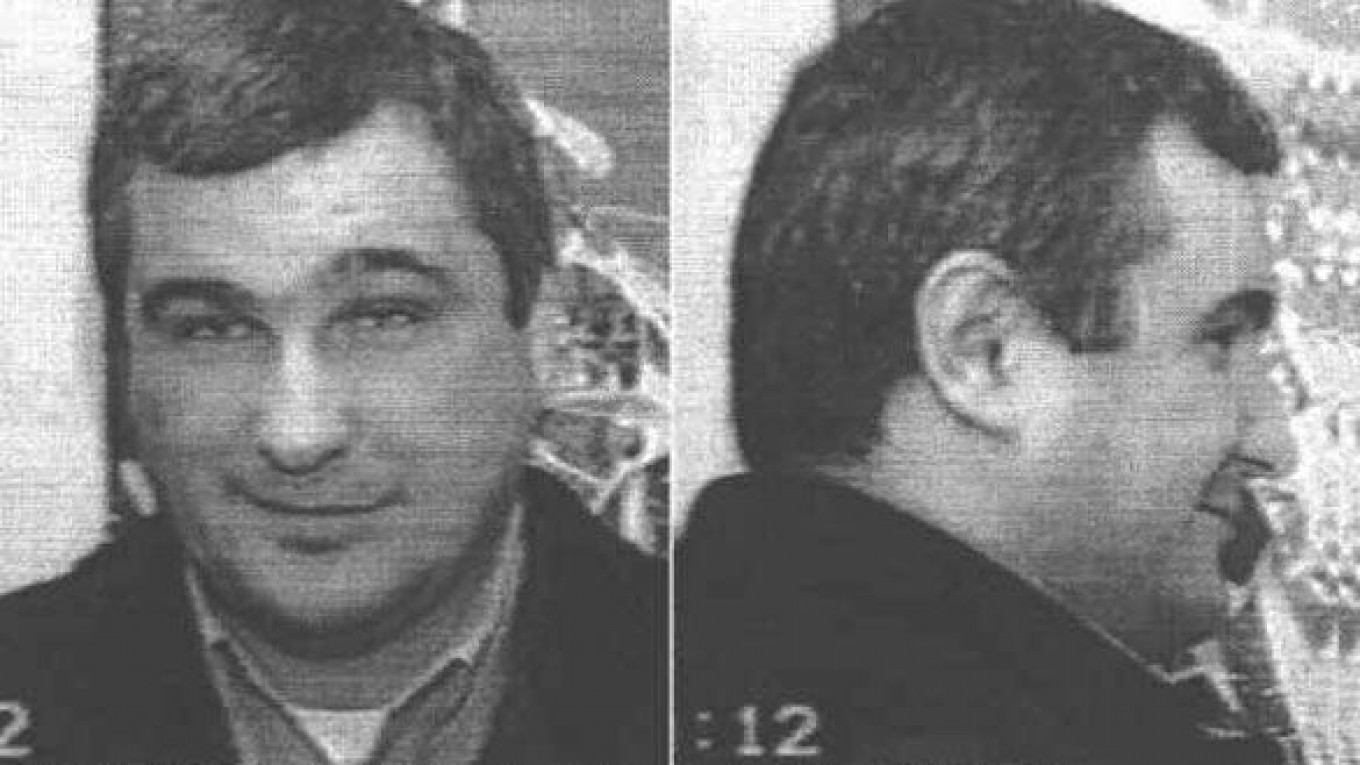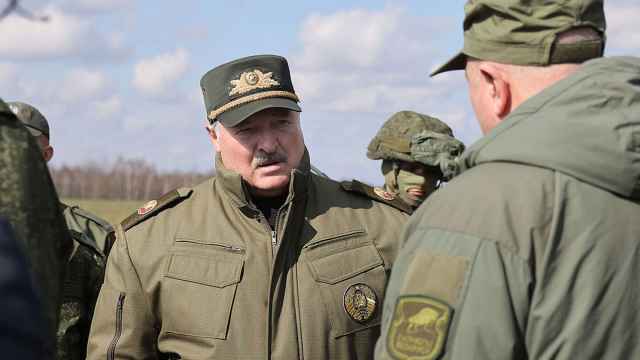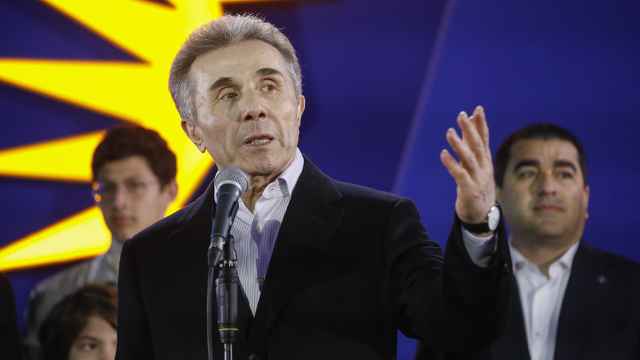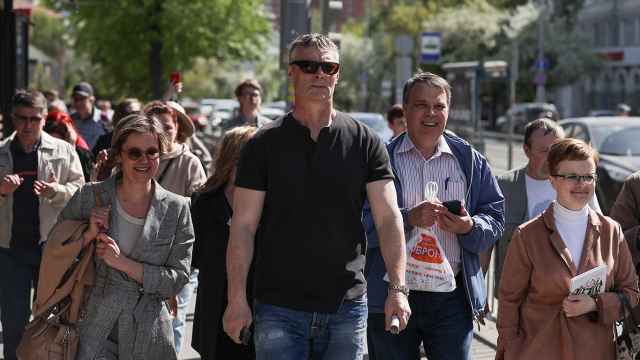Washington has levied sanctions against five leading criminal figures it identified as members of a "coordinating body" of organized crime.
The U.S. Treasury Department slapped asset freezes and transaction bans on Temur Mirzoyev, Vladimir Vagin, Koba Shemazashvili and the brothers Lasha and Kakhaber Shushanashvili, according to a statement on its website, which was republished by the U.S. Embassy late Thursday.
It said the five were members of the "Brothers' Circle," which combines key members of what it dubs a "Eurasian crime syndicate."
Experts said each of the identified figures is associated with Aslan Usoyan, better known as Grandpa Khasan and considered the most influential mafia boss on former Soviet territory.
The Tbilisi-born Mirzoyev is described by the U.S. Treasury as a leading mobster from Yekaterinburg, and has been identified by national media as Usoyan's crown prince. He was reportedly temporarily arrested in 2006 in Sochi and again in 2009 in Moscow.
Another native of Georgia working for Usoyan is Lasha Shushanashvili, who was arrested in Greece this January on a warrant from Spain, where he is wanted on several charges.
According to the Treasury, he was "in overall charge of a criminal organization," and his brother, Kakhaber, and Koba Shemazashvili acted as his subordinates.
Kakhaber Shushanashvili was arrested in Spain in 2010, during a Europe-wide raid in which some 80 reputed mobsters with ties to the former Soviet Union were arrested. He and Shemazashvili, who was arrested in Ukraine last year, are now imprisoned in Spain.
Vagin fled the country after being wanted by police for attempted murder in 2009. He was arrested in the United Arab Emirates, but escaped in March 2010 and has since disappeared, the statement said.
The action coincides with a visit by David Cohen, the Treasury Department's undersecretary for terrorism and financial intelligence, earlier this week.
Cohen briefed Russian officials on U.S. efforts to "combat global threats posed by transnational organized crime" and stressed that Washington remains committed to continuing its close coordination with Moscow on this issue, the U.S. Embassy said on its website.
Experts said the U.S. strategy of targeting mobsters' cash flow was promising because criminal funds are often pooled together.
"It certainly undermines the trust and reciprocity that is crucial in maintaining these networks," Mark Galeotti, a professor at New York University's Center for Global Affairs, wrote on his blog.
"Bit by bit, the strategy will nibble away at the wider networks," Galeotti wrote.
A Message from The Moscow Times:
Dear readers,
We are facing unprecedented challenges. Russia's Prosecutor General's Office has designated The Moscow Times as an "undesirable" organization, criminalizing our work and putting our staff at risk of prosecution. This follows our earlier unjust labeling as a "foreign agent."
These actions are direct attempts to silence independent journalism in Russia. The authorities claim our work "discredits the decisions of the Russian leadership." We see things differently: we strive to provide accurate, unbiased reporting on Russia.
We, the journalists of The Moscow Times, refuse to be silenced. But to continue our work, we need your help.
Your support, no matter how small, makes a world of difference. If you can, please support us monthly starting from just $2. It's quick to set up, and every contribution makes a significant impact.
By supporting The Moscow Times, you're defending open, independent journalism in the face of repression. Thank you for standing with us.
Remind me later.







